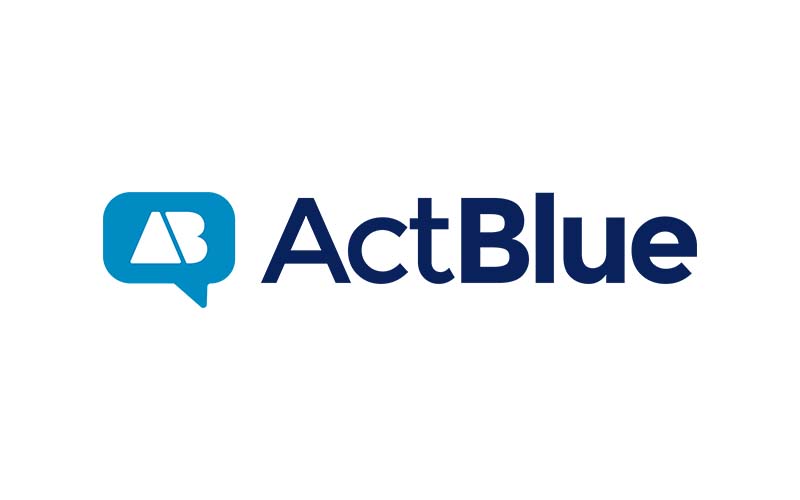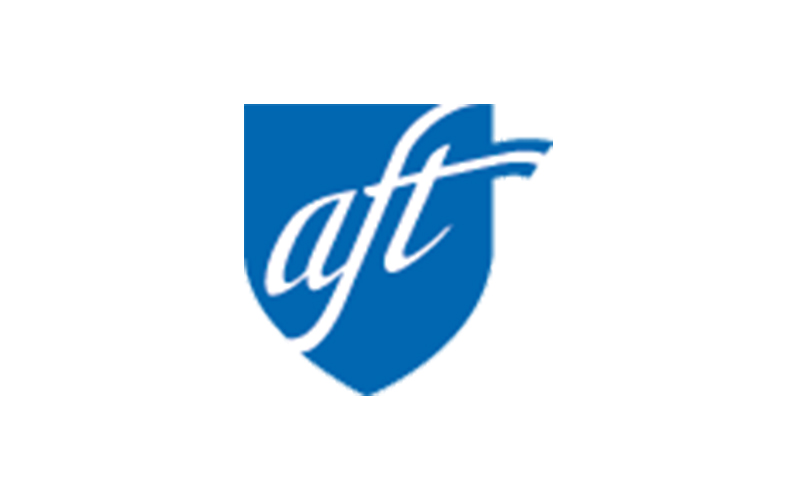Trainings
Trainings cover all skill levels from basic online organizing to advanced, plus communications, grassroots activism and more.
Learn morePanels
Our agenda includes panels on almost every progressive issue, from current battles to long-term movement strategy.
Learn moreKeynotes
Past speakers include Barack Obama, Joe Biden, Elizabeth Warren, Kamala Harris and more. Stay tuned for announcements!
Learn moreNetworking
Collaborate during downtime, make friends old and new, and socialize at one of our social events throughout the weekend.
Learn moreRegister Now
Netroots Nation 2026 is happening June 4-6 in Philadelphia! Click here to register now.
3000Attendees
150Sessions
400Speakers




